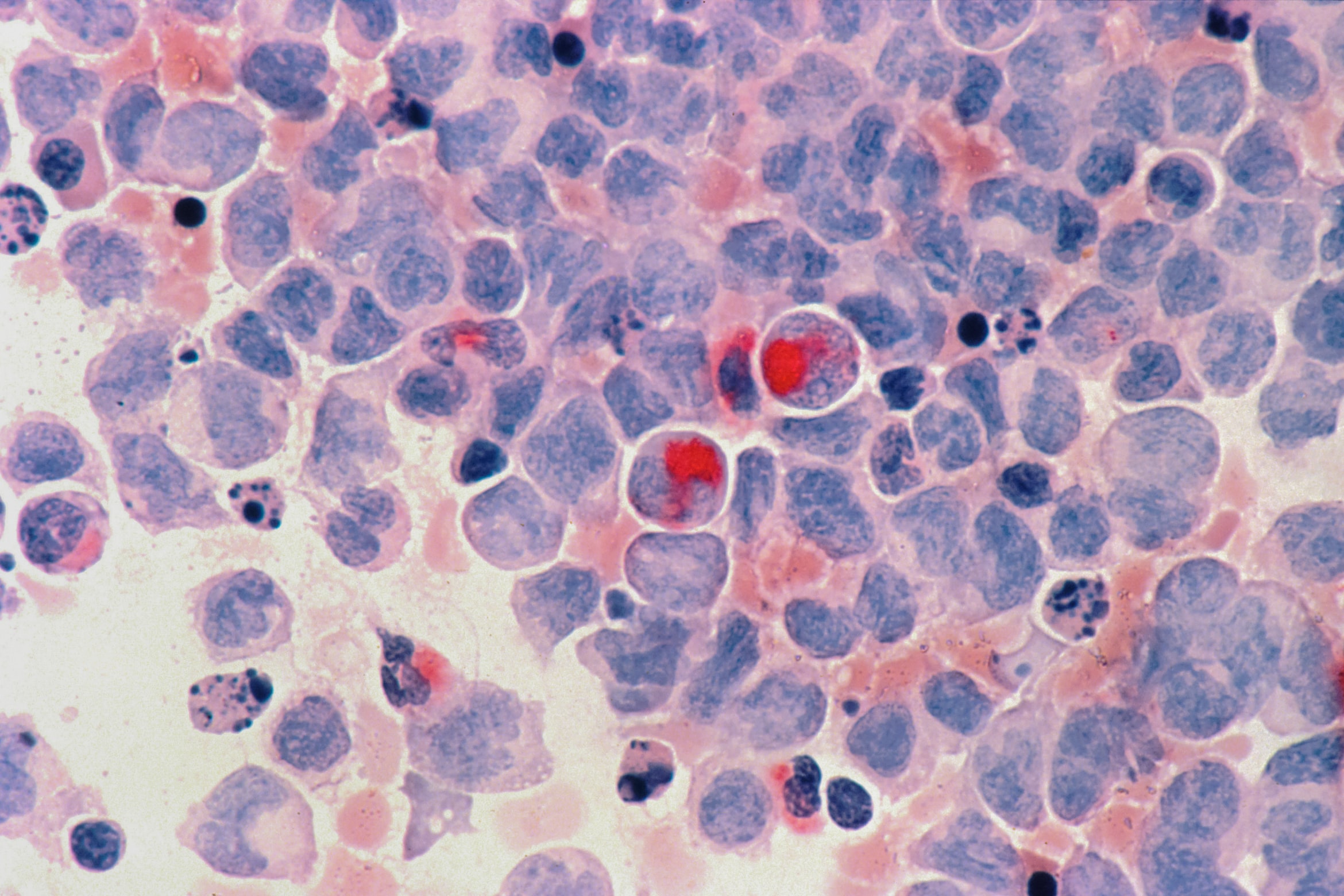
Cancer is a leading cause of death worldwide, accounting for almost 10 million deaths in 2020, according to the World Health Organization (WHO). This means that 1 in 6 people who died in 2020 died from cancer. However, if detected early, most cancers have a significant chance of being cured.
“Between 30 and 50% of cancers can currently be prevented by avoiding risk factors and implementing existing evidence-based prevention strategies,” according to the WHO.
Cancer is diagnosed in stages, ranging from one to four. At stage one, the cancer is localized in a small area and has not yet spread to other tissues. During stage four, the cancer has spread to other organs or areas of your body.
Pre-cancer screenings are one of the ways available to ensure your body’s health. These screenings can help medical professionals detect cancer in early stages. Dr. Melissa Antonio, associate professor of biology, said the stage during which cancer is discovered influences the chance of survival.
“The later the stage of the cancer, the harder it would be for it to be treated,” Antonio said. “If the cancer is caught early due to preventative measures and early screening, the better the prognosis will be.”
Antonio said that young adults in their early 20s should begin getting pre-cancer screenings, especially if they have a family history of cancer. For those who might have a genetic predisposition to cancer, getting screenings as early as 21 can effectively catch the disease before it spreads.
“Pre-cancer screening is important so that the cancer can be detected before there are any symptoms and before it gets too far along,” said Valeria Molina, junior biomedical sciences major. “Maintaining vigilance allows us to treat cancer easier and improve the patient’s chance of survival.”
Certain cancers such as cervical, breast and colon cancer can be diagnosed in young adults, but these cancers can also be caught with pre-cancer screenings. Screening for cervical cancer in particular is able to find abnormal cancerous cells (precancers) so they can be treated before they even develop into cervical cancer.
While it is important to be screened for certain cancers, the importance of a healthy lifestyle is often overlooked in the prevention of cancer. By eating healthy, engaging in physical activity and refraining from smoking and drinking, you are able to significantly reduce the likelihood of a cancer diagnosis.
“If there is no family history of cancer, no genetic predisposition, maintaining a healthy lifestyle would be sufficient to prevent any possible risks of getting cancer,” Antonio said.
There can be a great deal of fear surrounding the subject of cancer. However, the fear of a cancer diagnosis should not be enough to stop us from getting a precancer screening.
“There shouldn’t be any fear as far as taking care of your health and yourself,” Antonio said. “We just want to check and make sure that we’re healthy and doing the right things to prevent (our) chances of getting cancer.”
If you have a family history of cancer or are concerned about your health, you should speak to your doctor about the next step you should be taking, whether it be a pre-cancer screening or simply finding the best way to lead a healthy lifestyle.


